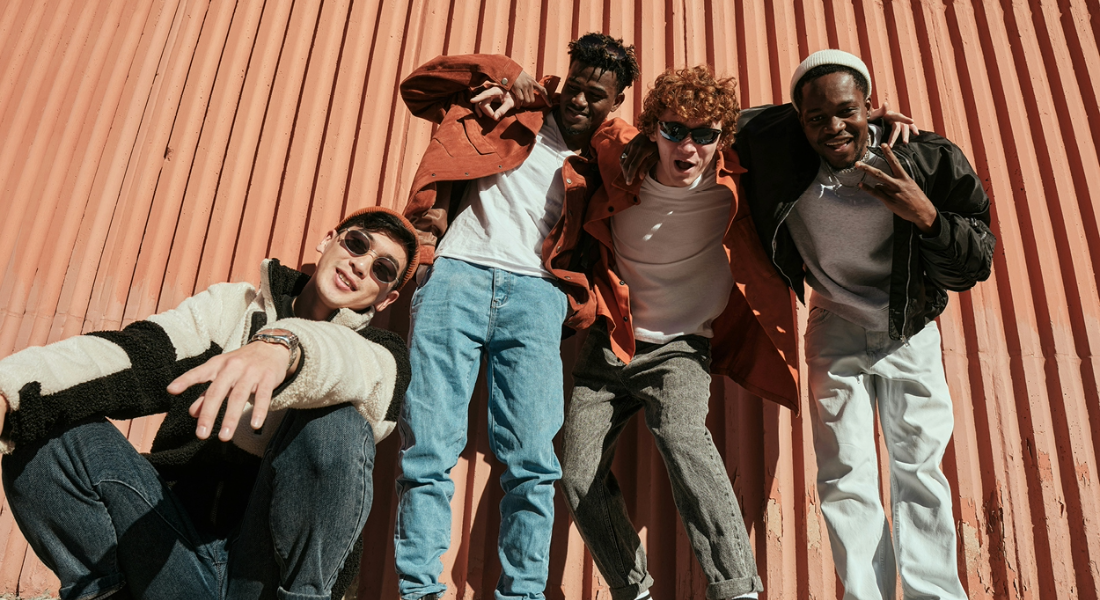Why Tucson is Ideal for College-Age Recovery: Outdoor, Academic & Community Benefits
Read Time 3 mins | Written by: Pivot Transitional Living

Recovery in your late teens or early twenties is a different animal. You’re not just getting sober—you’re also figuring out adulthood, making choices about school or work, and building a life that feels worth sticking around for. Where you choose to plant yourself during this time matters.
For young men in early recovery, Tucson, Arizona isn’t just a backdrop. It’s part of the program. The mountains on the horizon, the coffee shop where everyone seems to know each other, the fact that you can spend a Tuesday night at a meeting and a Wednesday afternoon on a desert trail—these things add up and create a recovery environment that’s hard to beat.
The Outdoors Teaches You Things You Won’t Learn in Group
It’s one thing to talk about “being present” in therapy. It’s another thing entirely to find yourself halfway up Blackett’s Ridge, sweat stinging your eyes, legs on fire, with nothing but the city lights behind you and the trail ahead. Out here, you learn patience. You learn that progress is slow and your breathing evens out if you keep moving. You learn that hard work pay off.
In Tucson, there’s always a trail for whatever headspace you’re in. Sabino Canyon if you need water and green. Mount Lemmon for pines and a break from the heat. Even the desert flats around Saguaro National Park feel like another planet—somewhere you can think without all the noise.
At Pivot, those outdoor moments aren’t bonus activities. They’re part of the work. You’re rebuilding your life, and the desert is where you test the strength of that foundation.
An Academic Scene That Doesn’t Box You In
The University of Arizona is right here, sure, but that’s just the tip. Tucson has a web of community colleges, trade schools, and certificate programs that let you start small, start over, or start fresh. That’s a gift in early recovery, when you may not know exactly where you’re headed.
Plenty of guys at Pivot aren’t ready to jump straight into a full college load. Maybe they begin with one or two classes. Maybe they go the vocational route, learning welding, automotive repair, or digital design. Tucson’s academic variety means you can shape your education to match your recovery pace—not the other way around.
And here’s something people don’t talk about enough: being around other students, even if you’re only taking a class or two, helps you remember you’re not just “a guy in recovery.” You’re also a student. A peer. A future professional.
The Recovery Community Is Big Enough to Get Lost In & Small Enough to Find You
Tucson’s 12-step scene is wide open. Tons of meetings every day. Different formats. Young people’s groups. Speaker meetings that pack a room. You can disappear into the crowd if you want to. But if you keep showing up, the regulars will learn your name, notice when you’re missing, and check in.
That balance, space when you need it, connection when you’re ready, is rare. Pivot uses it to help guys transition into self-sustaining recovery. You learn to pick your meetings, find your sponsor, build a network that will still be there after you’ve moved on.
A City That Helps You to Grow Up in All the Right Ways
Tucson is big enough to feel like you’re part of something, but small enough that you can’t hide forever. You’ll run into people you’ve met at a meeting, on campus, at work. It’s a gentle accountability loop that makes you think twice about old patterns.
The city is affordable enough that moving into your own place after Pivot is realistic. Jobs in retail, food service, trades, and tech are within reach. Public transport can get you around without a car if you have to. This is the kind of place where independence isn’t out of reach. It’s right there, waiting for you to step into it.
Why Tucson Works When Other Places Don’t
Some cities are distractions in disguise. The nightlife, the anonymity, the easy slide back into old habits—it’s all too available. Tucson has edges. The heat in summer makes you slow down. The mountains remind you you’re small. The recovery community notices when you disappear. It’s a city that quietly demands you show up for yourself.
If you’re serious about recovery and building a future worth sticking around for, Tucson offers more than a place to crash while you figure things out. It offers the space to work, the people to walk with you, and the kind of environment that pushes you toward becoming the man you want to be.

